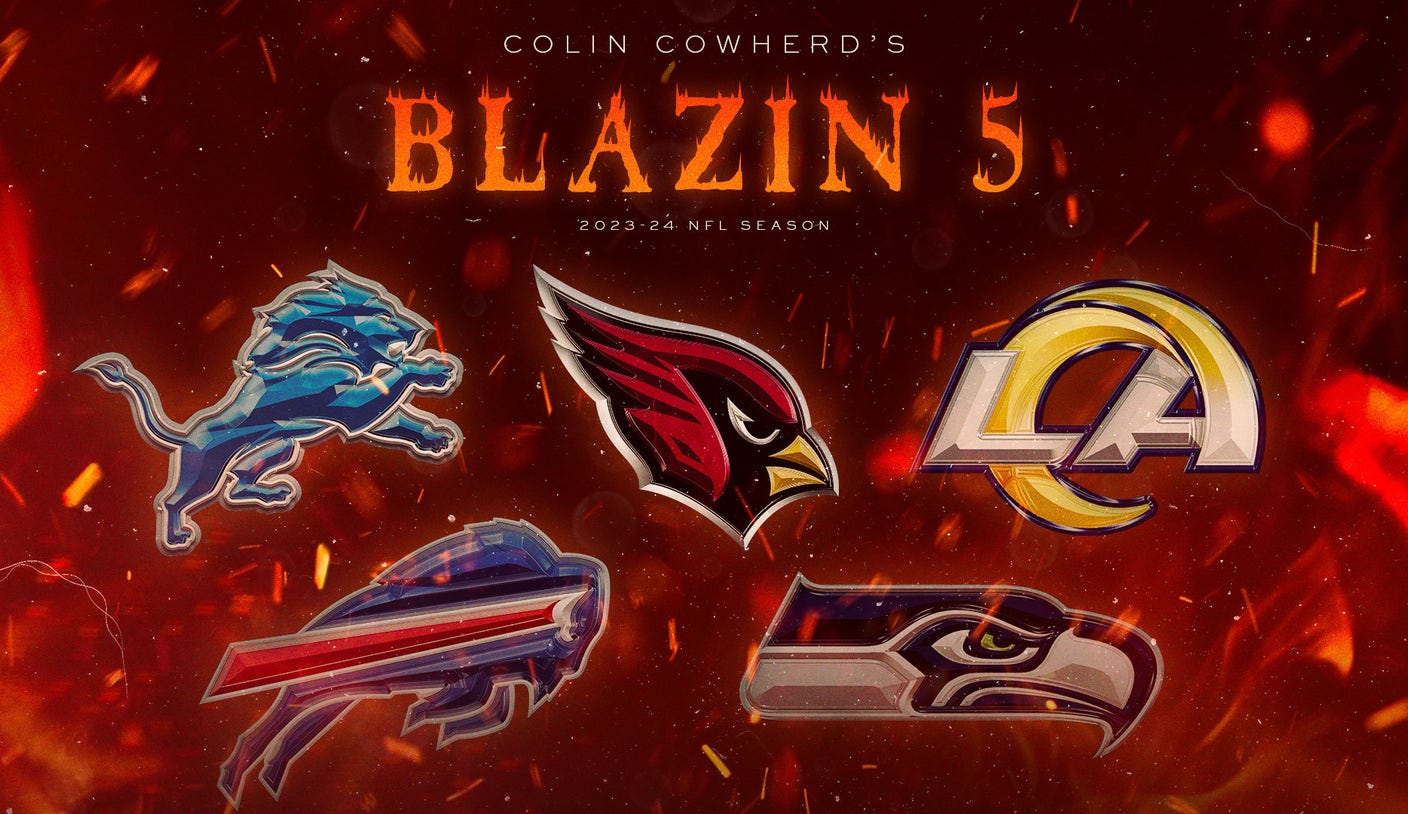
Particularly the US, Koerl notes, has been experiencing a boom in the popularity of online sports betting, birthed from a “deep passion for information” held by many gamers. Koerl claims many US players crave to “understand more about a player,” a gaming trend that mirrors a rise in popularity of fantasy sports.
By applying greater emphasis on real-time sports data and detailed technological insights on athletes, online sportsbooks will merge the gamers’ interests of fantasy sports and in-game betting, driving up popularity in both markets, Koerl suggests.
Thus, it would seem the rise in technology holds mutually beneficial opportunities for both gambling markets and fantasy leagues.
However, Koerl believes sports betting markets are still far from achieving the technological breakthroughs needed to reach these goals. He claims sports data must be both “super-fast and super-deep;” these requirements are clearly something current technology is not able to deliver simultaneously.
Moreover, for technological advancements to have a positive monetising effect, particularly in the US, the sports betting industry must develop “commercial models for personalised [player] data.”
There are legislative issues surrounding this, though, with clubs and franchises reluctant to “show data analysis in public,” for fear of sporting disadvantages and concerns over breaches to tactical privacy. Furthermore, the move may bring further scrutiny onto athletes if their data analysis falls short of colleagues and other athletes with similar profiles.
Regardless, Koerl believes that, for monetisation of sports betting markets to be effective, an integration between “ecosystems of leagues, teams and players” needs to occur.
And looking to the future, upon the realisation of advanced technology, Koerl feels the sports betting industry will inevitably “morph into media.” In providing real-time data and analytics, sportsbooks will become the no.1 source for sports news.
It is the “technology and data that is driving this move,” according to Koerl.



